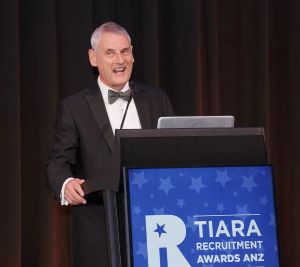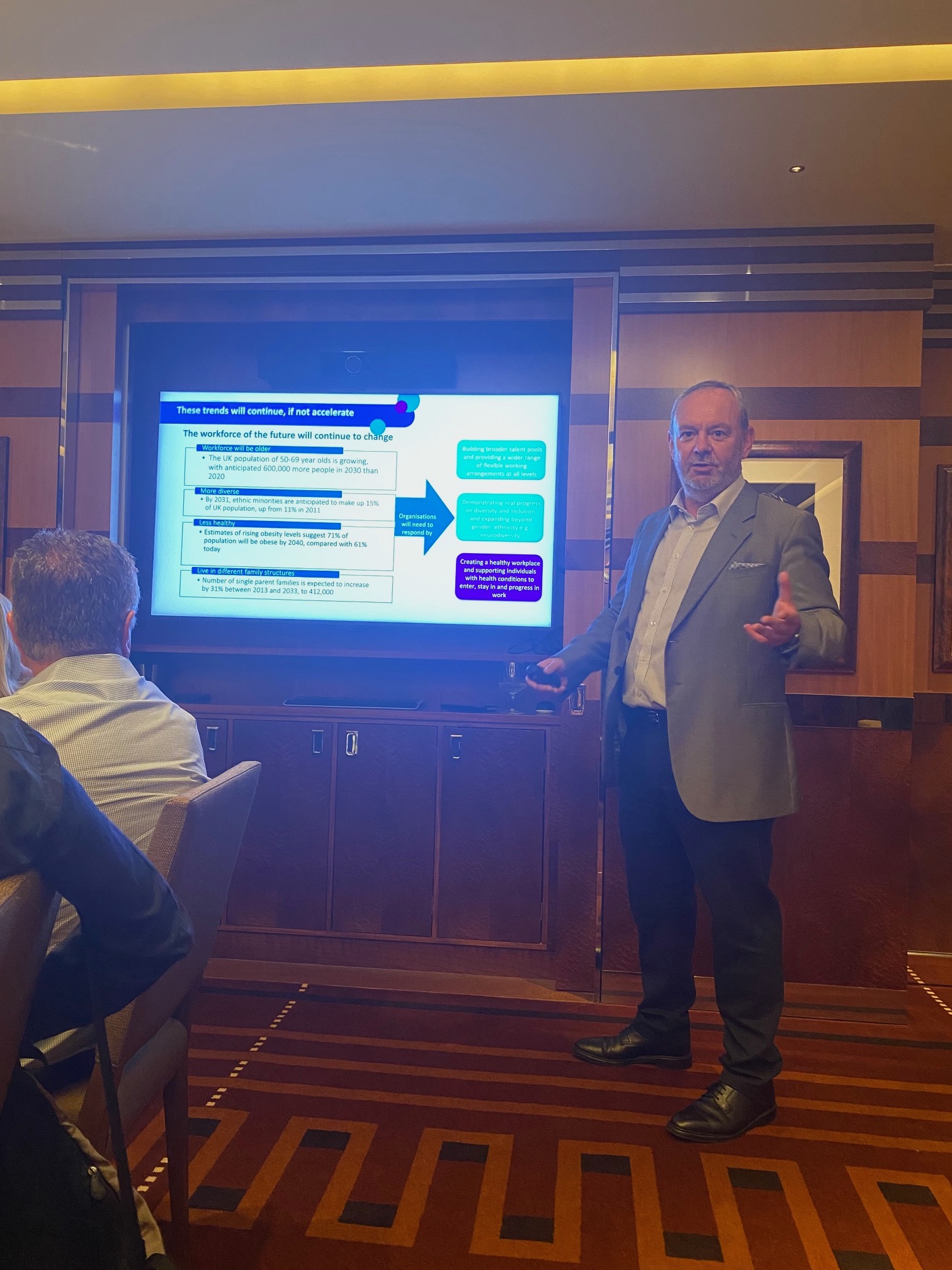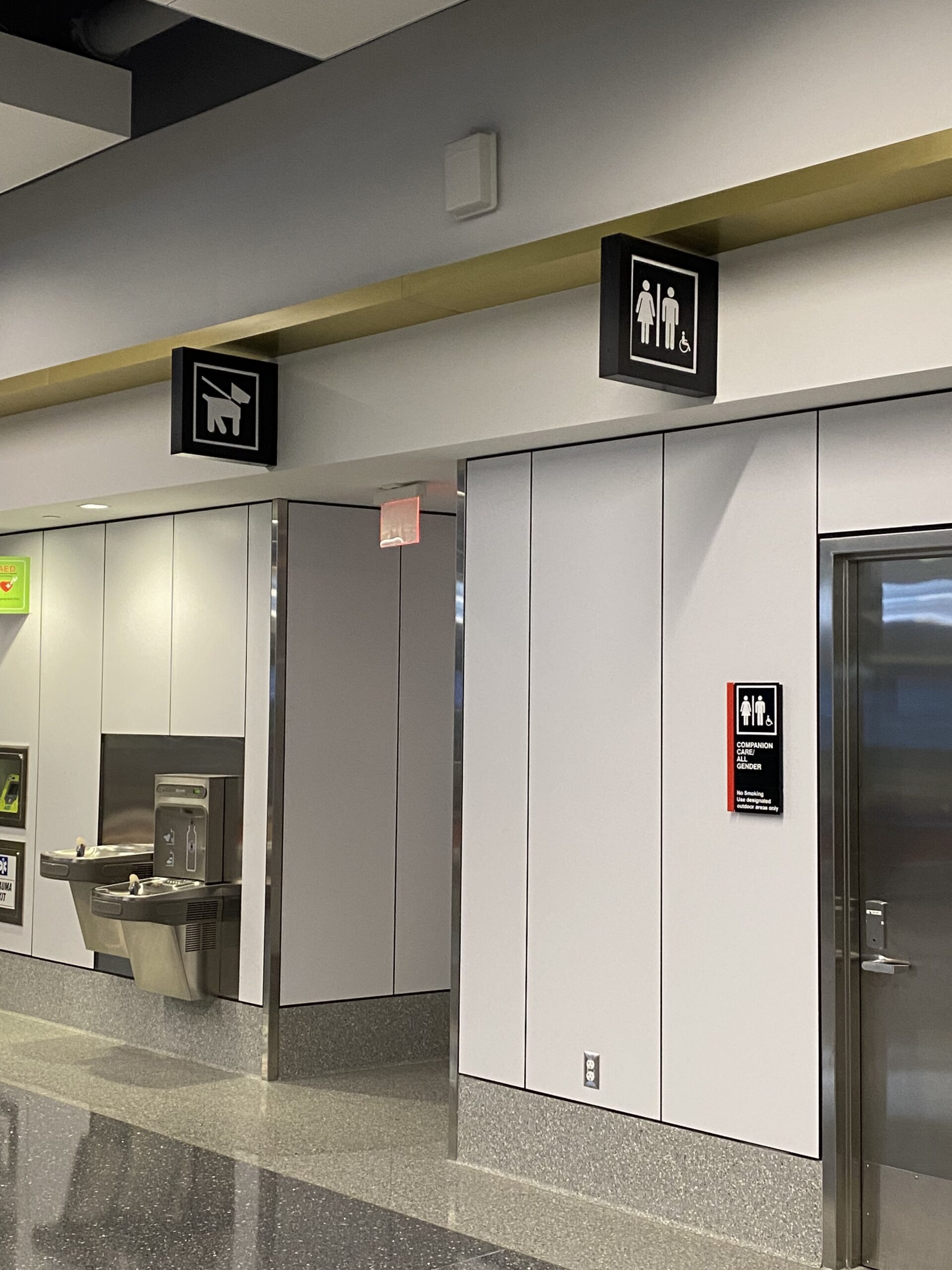As we settle in to 2023, the shape of the year and what it means for the TA and recruiting community begins to reveal itself. Despite the well-publicised lay-offs in the tech sector, hiring is holding up reasonably well. As employers trim their sails to varying degrees depending on how much they over-hired in 2021/22, the structural talent shortages remain.
For internal TA leaders and their teams this hopefully offers a little respite from the unsustainable demands on their time over the last 18 months and might even bring a bit more equilibrium, enabling them to think about strategic priorities rather than having to simply deal with crisis after crisis.
One area that has drifted down the priority ranking is candidate experience. Our own TA Benchmark report suggested there was an increasing polarisation between a smaller number of organisations who were improving and a larger number who were going backwards. Download the full report here.
As someone who has been in and around the recruitment world since the ‘80s, it seems that on the simple question of ‘What percentage of unsuccessful candidates got notified?’ across
the whole spectrum of hiring, the number still seems to be less than 50%.
Why has this not improved? The simple conclusion has to be because not enough companies care enough to do something about it.
For consumer companies the commercial case for improving candidate experience is long proven – the work Virgin Media and TMP did on this is often quoted. But here’s the thing, it’s the only example I’ve ever heard. Surely if candidate experience delivers such a clear payback, we would have examples all over the place. I would be very happy to be proved wrong in this regard.
Of course, none of this is straightforward. Even determining what we mean by ‘candidate experience’ is tricky. My own view is that candidates generally aren’t looking for a ‘consumer grade’ experience. They simply want to hear if they didn’t get the job in a timely way, and if they have progressed some way along your process, then a bit of helpful feedback is only fair and polite.
Technology has both enabled a more streamlined process to be created but it has also created (unintentionally) a monster like ‘one click apply’, creating literally billions of irrelevant applications, all of which need a response. And it can also inadvertently create a highly impersonal experience; my son once received an automated rejection for a graduate role at 11pm on a Friday evening.
So, will candidate experience improve this year? Some organisations have built robust processes to ensure every candidate gets a response, so it clearly can be done, and as a component of employer brand and a critical element of ensuring employees are onboarded effectively, it will continue to be important.
It can often seem that when it comes to candidate experience, too many employers end up letting ‘great’ be the enemy of ‘good’. A decent candidate experience shouldn’t be too difficult to achieve and ultimately, a good candidate experience should be the first step towards a good employee experience. We’ll be covering this topic in more detail in next month’s issue of TALiNT International, so any views from our readers are welcome.
To be continued…






